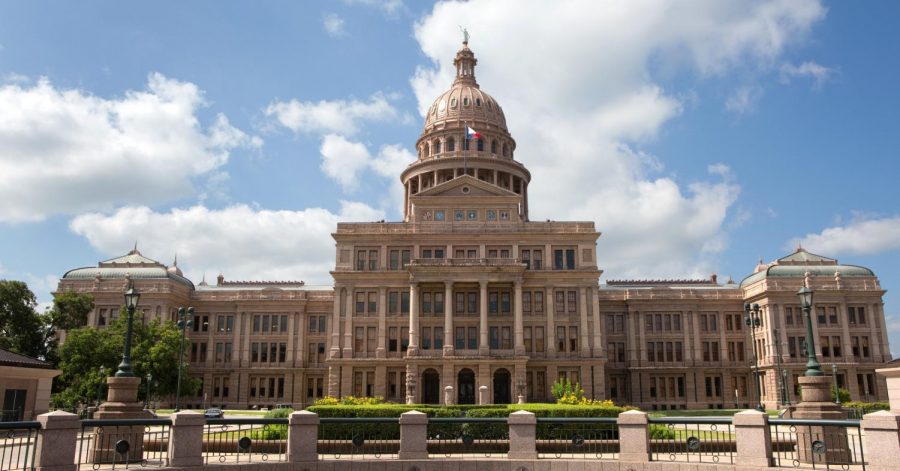Texas “Heartbeat Law”
On Sept. 1, 2021, the State of Texas passed a law that criminalizes having an abortion as soon as a fetal heartbeat is detected.
The US Supreme Court ruled on the case Roe v. Wade in 1973. The court ruled in a seven to two decision that a woman has a right to an abortion under a person’s right to privacy, a right which is implicitly stated in the Constitution. The Roe v. Wade decision partially or fully invalidated the abortion laws of 46 states at the time. While there have been some cases challenging this precedent over the years, Roe v. Wade has been upheld; it is generally understood that state governments cannot place blanket bans on abortion.
The new Texas law makes anyone connected to abortions that occurred after a fetal heartbeat was detected liable to be sued. Texas lawmakers spent months working on this complex bill. The official writing of this bill dates back as far as March of last year.
“We were looking at a heartbeat law back in 2019,” Texas State Senator Bryan Hughes said. “[We] didn’t think the time was right. And as we got closer, and saw what other states were doing, we wanted to find a way to implement a heartbeat law that would take effect that wouldn’t be blocked by the court. So I’d say since 2020, we’ve been working on this one in earnest.”
This law is written in such a way that the enforcement is entirely carried out by civil lawsuits, something not very common in laws of this kind. According to Hughes, this mechanism was in response to many District Attorneys, including some of the largest Texas counties, publicly stating that they would not enforce pro-life laws.
“When the elected officials who are trusted and charged with enforcing the law, when they say they’re not going to do it, the people of Texas respond,” Hughes said.
One issue that opponents of this bill argue is that the cutoff outlined in the law is too early for parents to make a decision.
“After four weeks around about is when someone will know whether they’re pregnant or not,” Fremont High School senior Samantha Clapp said. “And that gives them two weeks to make a life-altering decision about whether they’re going to keep the child or whether they’re going to get an abortion.”
Many other states have abortion laws where abortions are outlawed after a specific amount of time. The new Texas law does not have a set deadline as it bans abortions as soon as a fetal heartbeat is detected. Additionally, doctors must check for a fetal heartbeat before they commence the abortion. Therefore, for some women, the ban could take effect as early as 5-6 weeks after pregnancy.
“Many states passed heartbeat laws, but they put a timeframe,” Hughes said. “They said six weeks, seven weeks, they set a static timeframe for the law to kick in. In this bill […] it just says that a doctor before performing an abortion has to check for the fetal heartbeat. And we chose that because the heartbeat is the universal sign of life.”
Texas is a very large state which naturally puts strain on its judicial system. The bill has the possibility of people attempting to exploit it by filing a large number of lawsuits which in turn could clog the courts.
“Texas does have rules in place about frivolous lawsuits,” Hughes said. “But in this case, the claims are going to be driven by what the abortionists do if they do abortions on little babies that have heartbeats, you bet they’re gonna be held accountable, and we make no apology for that.”
Outlawing abortions when there is a fetal heartbeat may end up only making people leave the state for abortions or attempt the procedure by themselves, a very dangerous process causing up to 13.2% of maternal deaths according to the World Health Organization.
“I feel like since you can’t get medical abortions, there’s going to be more attempts at-home abortions.” Clapp said “And those are not always safe. So I feel like it’s important that we start thinking about setting the precedent [for abortion rights] right now.”














